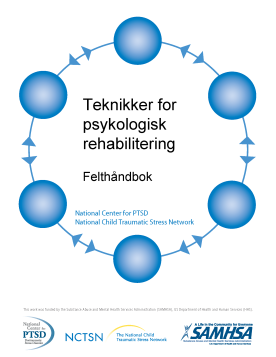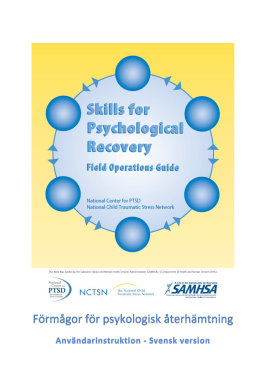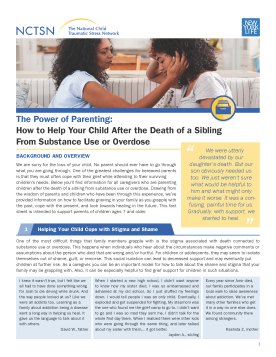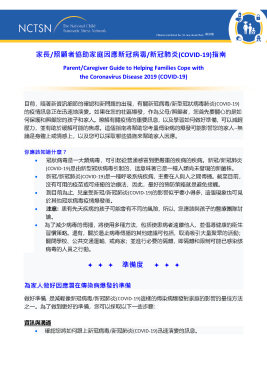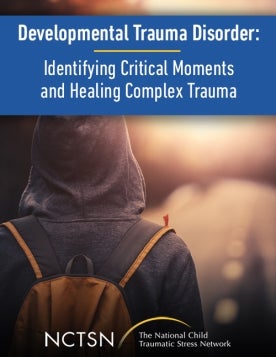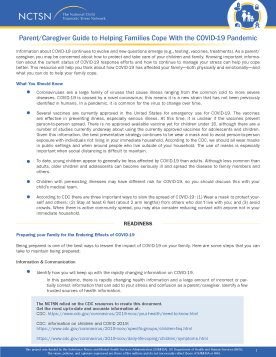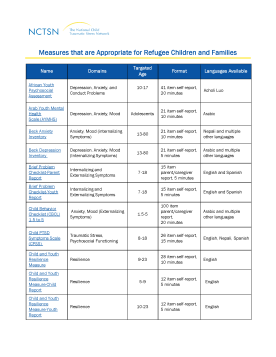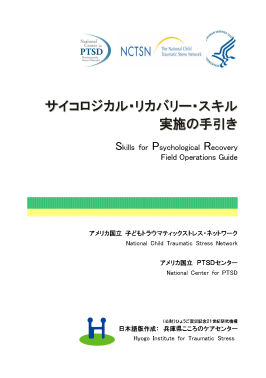
Skills for Psychological Recovery (SPR) Field Operations Guide in Japanese
Gives guidance on responding to disaster, violence, or terrorism events using the Skills for Psychological Recovery intervention. This approach helps to assist children, adolescents, adults, and families in the aftermath of disaster and terrorism.
